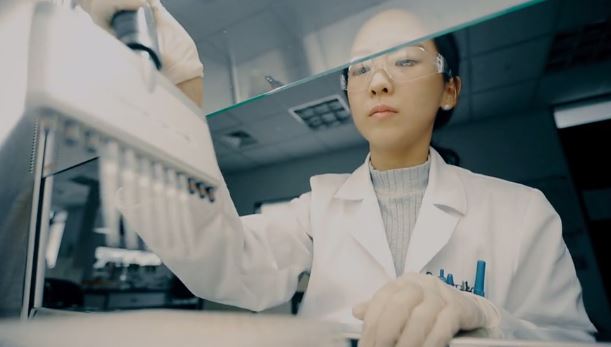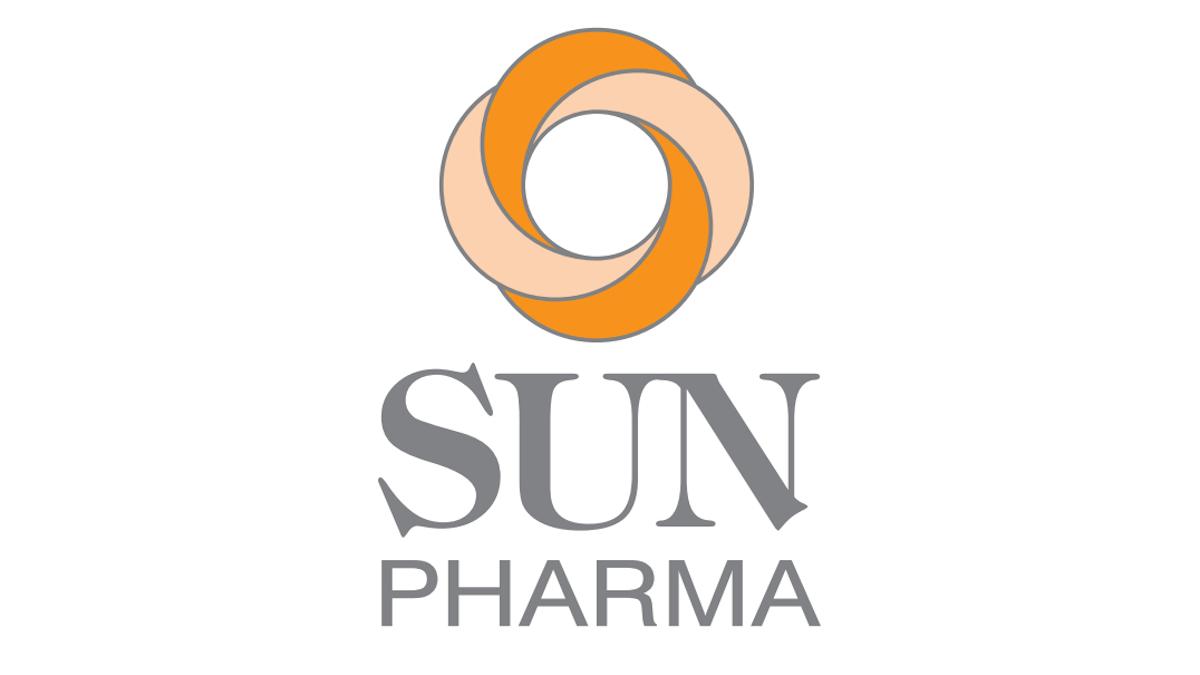Teva buys US rights to Celltrion biosimilars

Not content with buying up a big chunk of the world’s generics market with its $40.5 billion merger with Actavis, Teva is muscling in on biosimilars with a deal with South Korea’s Celltrion.
Israel-based Teva has agreed an exclusive deal to commercialise two of Celltrion’s biosimilars in the US and Canada.
It's a bold move from Teva, which will prevent competitors such as Pfizer from closing their grip on the US biosimilars market.
Through a buyout of Hospira, Pfizer has US rights to Celltrion's already-approved biosimilar of Johnson & Johnson's inflammatory diseases blockbuster Remicade (infliximab), which is expected to hit the US market any day now.
Teva will gain rights to CT-P10, a near-copy of Roche’s blood cancer drug Rituxan (rituximab) and CT-P6, a biosimilar of the breast cancer drug Herceptin (trastuzumab).
Combined sales for Rituxan and Herceptin are around $6.5 billion in the US and Canada.
Both drugs are in phase 3 development and their primary endpoints achieved. Celltrion filed CT-P10 with the European Medicines Agency a year ago, and is preparing a CT-P6 filing this quarter.
Teva will be responsible for all commercial activities in the U.S. and Canada, pending regulatory approvals for both products. Celltrion has responsibility for completing all clinical development and regulatory activities.
It will pay Celltrion $160 million up front, of which up to $60 million is refundable or creditable under certain circumstances. Teva and Celltrion will share profits from the commercialisation of the biosimilars.
After the deal to buy the Actavis generics business from Allergan closed in August, Teva’s CEO, Erez Vigodman said the company would continue to strike deals as revenues will be boosted from income from the new business.
Earlier this week, Teva sold the former Actavis UK and Ireland generics business to Intas, in order to comply with European anti-trust requirements.












